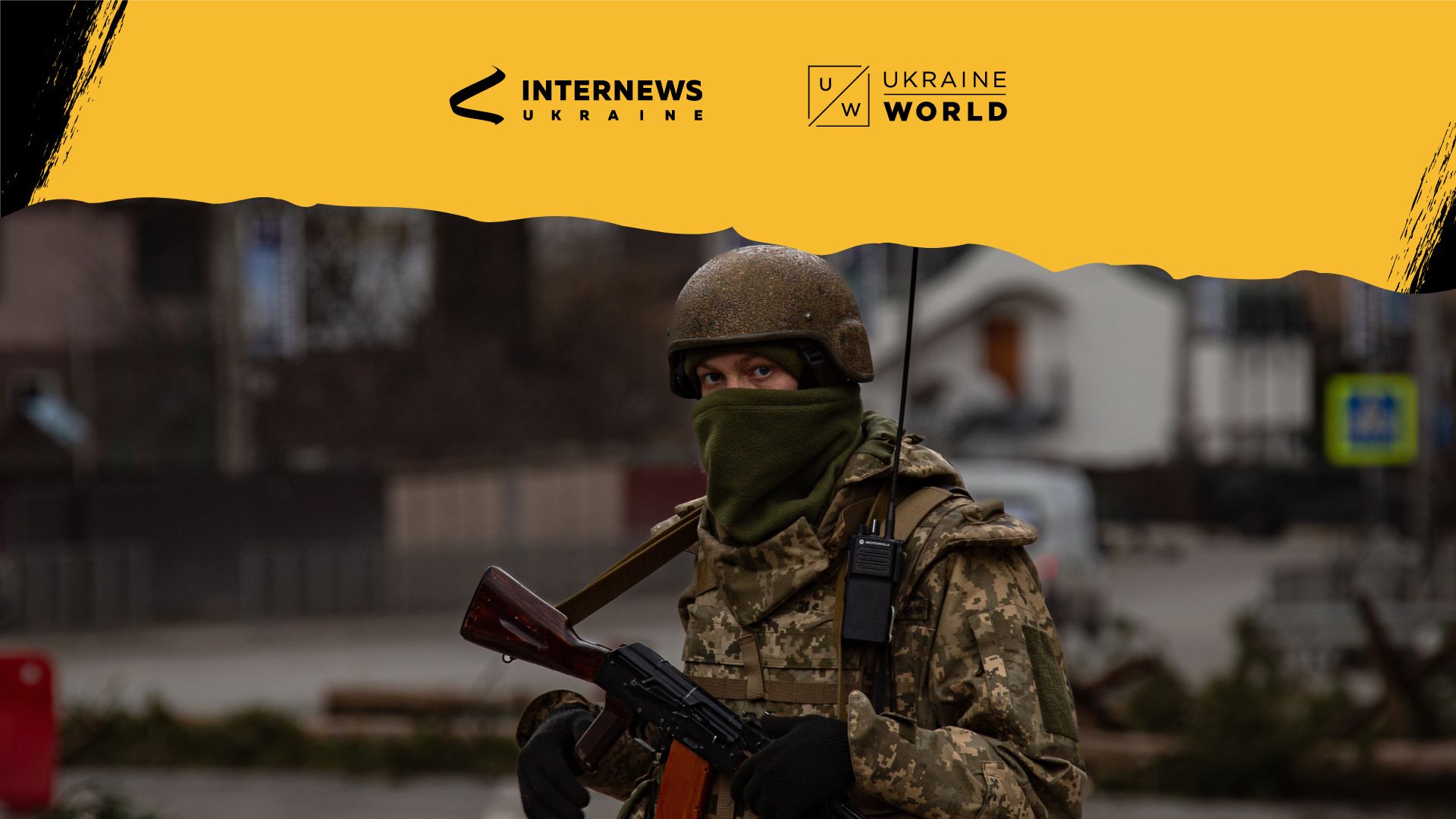
Compelling, strategic reasons are needed for negotiations to take place. Therefore, there are at least two arguments why this is not the case for the Russo-Ukrainian war.
Undoubtedly, some of Russia's trading partners are dissatisfied with sanctions imposed in response to Russia's waging of the war, leading to the weakening of their network of economic ties.
Sergiy Kyselov, Ph.D. in Philosophy and Associate Professor of Political Science at the National University of Kyiv-Mohyla Academy, tells UkraineWorld, "Until 2014, Russia was a major consumer of Italian mozzarella and Chianti, but sanctions significantly reduced export revenues. That is why, at the time, Italy either opposed sanctions or advocated for their easing."
Thus, the reason certain parties may find the issue of peace at the expense of someone else's territory appealing.
"In negotiations theory - Andriy Zahorodnyuk, Chairman of the Board of the Centre for Defence Strategies, former Ukraine's Minister of Defence, tells UkraineWorld - there is a term called ZOPA (A zone of possible agreement). Given that Russia's goal is to destroy Ukraine, there is no possible zone of agreement with Russia and its society."
Russia has repeatedly demonstrated that agreements with it are worthless, according to the expert: "Putin's strategy is formulaic: he lulls attention, gives some guarantees, then recovers from the shock, prepares, and strikes."
For instance, the Russian Christmas truce proposal for 2023 was intended to stymie the Armed Forces of Ukraine's successful operation in Makiivka, Donetsk oblast. We can also see how it is used in American domestic politics.
"Trumpists use this thesis to argue that Russia wants to negotiate, whereas the Biden administration does not want peace and is dragging the US into the war," - Petro Burkovsky, a political analyst at the Ilko Kucheriv Democratic Initiatives Foundation, tells UkraineWorld.
And continues: "When Russia opens up for peace talks, it is a mere attempt to drive a wedge between those willing to support Ukraine and those who want to negotiate with Russia."
Moreover, Ukraine has already experienced a frozen war as well as attempts to resolve the war through negotiations. The Normandy Format pathed the way for the Minsk Agreements, which set out terms for a cease-fire and outlined steps towards a political resolution.
If some formats were considered at the start of the war, such as a ten-point Istanbul Communiqué with extremely far-reaching Ukrainian concessions, it no longer makes sense after discovering atrocities in occupied territories.
That is another Russian ruse, tells Andriy Zahorodnyuk to UkraineWorld: "Russia does not de-escalate tensions during negotiations, but rather takes a course of escalation: one of the reasons is to increase pressure on Ukraine, i.e., negotiate, or we will kill more people." This is what happened during negotiations in Türkiye, while Russian criminals barraged Mariupol, for example.
Peace talks are meaningless without the withdrawal of Russian troops from the occupied territories till the borders of 1991; reintegration of these territories into Ukraine; reparations are paid to Ukraine, every war criminal is punished, and the abolition of any territorial "grey zones".
Petro Burkovsky believes that there would be no peace agreement between Ukraine and Russia: "But something similar to what happened in the Middle East after the 1973 war, with no peace treaty between Israel and Egypt for six years. Aside from that, there is still no peace treaty between Israel and Syria, and they are still at war."
Sergiy Kyselov claims that mutual recognition of territorial integrity is an important component of post war agreements: "By the way, it is no coincidence that the USSR and then Russia attempted, but failed, to reach an agreement with Japan."
However, both the content and timing of the next post war agreements are being decided on the battlefield:
"Negotiations are only possible if the guns are silent. And our guns will be silent once all occupied territories have been returned," Professor concludes.
As Petro Burkovsky sums up:"When Russia's army is defeated, the war will continue on our borders. After Putin's regime falls, the architecture of the new wielding powers may hold a special importance."
Andriy Zahorodnyuk also adds that in times of multivariate unfolding scenarios the issue of legal regulation would remain open: "For example, once Saddam Hussein's occupation of Kuwait was kicked out, he remained in power for another 10 years because internal coups failed to depose him."
What is certain, and what Secretary Antony Blinken has repeatedly stated: Russia must lose this war - clearly, explicitly, and unequivocally. The international community requires this precedent.
According to a research initiative at the University of Uppsala in Sweden, only 57 of 372 conflict episodes, or 15.3 percent, ended in a peace agreement between 1946 and 2005.
Political consequentialists underestimate the consequences of Russia's appeasement, which seeks time to regroup after heavy losses and prepare for the next offensive operation. Any temporary solution that preserves the status quo on the battlefield will give second life for the survival of dictatorship at stake.
World security has to be grounded on the rules-based international order, rather than concessions to imperial appetites.
